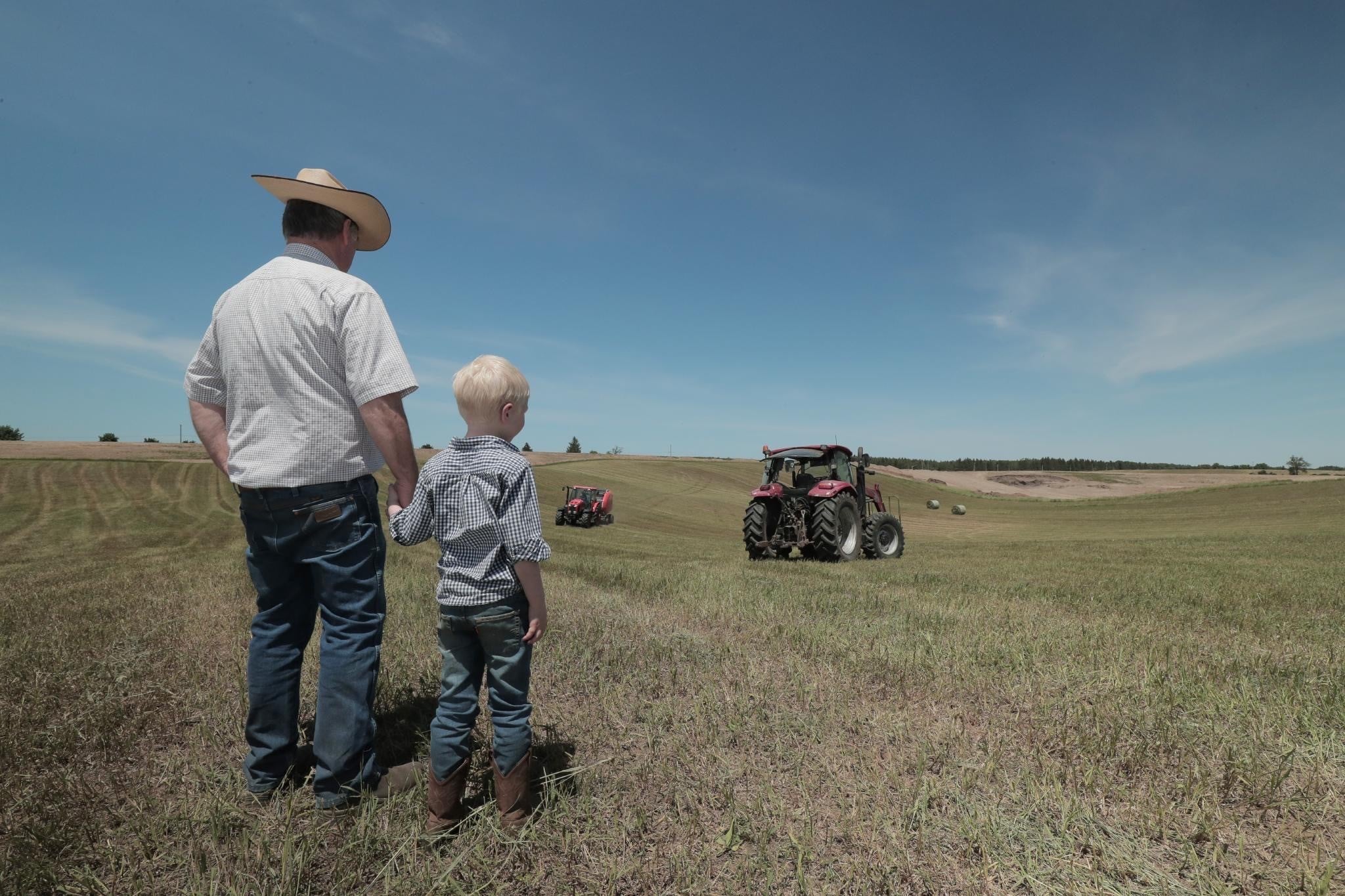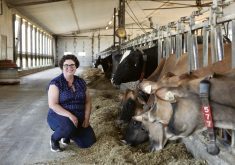Some students have their post-secondary education plans mapped out early, with an eye to a specific major, degree or institution. Others are less sure about the next steps. Before choosing a program, consider these six questions:
What are your career goals? If you want to return to the family farm to manage crop production or oversee the dairy herd, a diploma in precision agriculture or dairy science might be the best option. But if your goal is to work for industry, the University of Guelph’s Rene Van Acker says that a four-year degree will open more doors.
Have you looked at all the options? Some community colleges offer undergraduate degrees and some universities offer both undergraduate degrees and two-year diploma programs. Before dismissing a school, research all of its agricultural programs to see if it’s offering a program that would be a great fit.
Read Also

Where convention and innovation meet
How one Ontario farm is integrating technology into their beef operation.
What does the program offer? Focus less on the school and more on the major, advises Lenore Newman, director of the Food and Agriculture Institute at University of the Fraser Valley. “Ask, ‘Does this program give me what I need even if (the school) doesn’t have a top ranking?’” she says. It’s more important to choose a program that offers specific classes, technologies or learning experiences that are in line with your career goals and not just a “name” school.
What hands-on opportunities are available? If traditional classroom learning doesn’t feel like a fit, look for programs that offer interactive learning opportunities. Classes with lab components, practicums, field work and other non-traditional learning venues can help agricultural concepts come alive (and look great on a resumé).
What is your timeline? Students eager to start their careers may not want to spend four years earning an undergraduate degree. At community college, it’s possible to earn a diploma in two years —and some certificate programs can be completed in just one year. Diploma programs are often more attractive to students who want some advanced education but are eager to get into the workforce.
What is your budget? Cost is a consideration, too. The average cost of a four-year agriculture degree is $23,280, according to Statistics Canada; the federal agency doesn’t track the costs of two-year diploma programs but tuition for the agricultural management diploma at Olds College is $5,014. Given that one in two post-secondary graduates had student debt at graduation — and the median debt for Canadian graduates was $17,500 — the cost of a post-secondary education should be a consideration, too.
What do recent graduates have to say? Before applying to school, talk to current students or recent graduates. Your guidance counselor may be able to make introductions. A quick call or Zoom chat can give you a lot more insight than the descriptions in the course catalog and help you decide whether the program you’re considering is a good fit.















